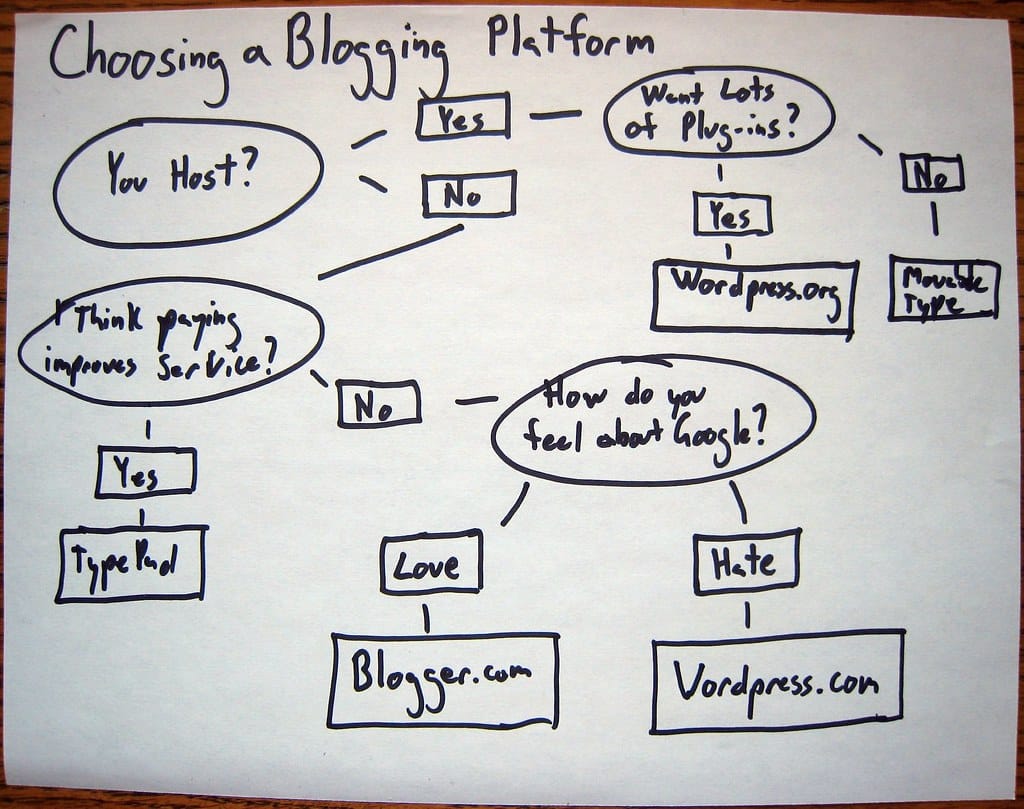The End of an Era: Typepad Officially Shuts Down After Nearly Two Decades
After 19 years of serving the blogging community, Typepad, once a formidable competitor to WordPress and Blogger, has officially announced its closure, marking the end of one of the web's most enduring publishing platforms. The shutdown, which affects thousands of active blogs and millions of archived posts, represents a significant moment in internet history and raises important questions about digital preservation and platform dependency.
A Blogging Pioneer Bows Out
Launched in 2003 by Six Apart, Typepad emerged during the golden age of blogging when personal publishing was revolutionizing how people shared their thoughts online. At its peak, the platform hosted hundreds of thousands of blogs, from personal journals to professional publications, and played a crucial role in democratizing online publishing.
The platform's closure comes after years of declining user numbers and reduced investment from its current owner, Endurance International Group. Unlike its free competitors, Typepad's subscription-based model became increasingly difficult to justify as alternatives like WordPress.com, Medium, and Substack offered more features at lower costs.
The Numbers Behind the Decline
According to web analytics firm BuiltWith, Typepad's market share had dwindled to less than 0.1% of all content management systems by 2023, compared to WordPress's commanding 43% share. The platform's peak came in the mid-2000s when it powered notable blogs including prominent political commentators, food bloggers, and early social media influencers.
Industry data suggests that at its height around 2007, Typepad hosted over 300,000 active blogs. By 2020, this number had dropped to fewer than 50,000, with many high-profile users having migrated to other platforms years earlier.
What This Means for Current Users
The shutdown creates immediate challenges for remaining Typepad users, many of whom have maintained their blogs on the platform for over a decade. The company has provided migration tools and extended timelines for users to export their content, but the process isn't without complications.
Long-time Typepad blogger Sarah Chen, who documented her family's travels for 12 years on the platform, described the closure as "losing a digital home." Like many users, she faces the daunting task of migrating years of content, comments, and custom designs to a new platform.
The technical challenges are significant. Many Typepad blogs contain custom templates, embedded media, and intricate category systems that don't translate seamlessly to other platforms. Additionally, the loss of established URLs threatens to break years of accumulated search engine rankings and inbound links.
Lessons for the Digital Publishing World
Typepad's demise offers several important lessons for content creators and the broader digital publishing ecosystem:
Platform Risk Remains Real
The shutdown underscores the inherent risks of building a digital presence on third-party platforms. While Typepad provided nearly two decades of service—longer than many tech companies survive—its closure demonstrates that no platform is permanent.
The Importance of Data Portability
Users who regularly backed up their content and maintained copies of their work are finding the transition manageable. Those who relied solely on Typepad's servers face potential data loss if they don't act quickly during the migration period.
Market Consolidation Continues
Typepad's exit further consolidates the blogging market around a few major players. This concentration raises questions about innovation, pricing power, and the future diversity of publishing tools available to creators.
Looking Forward: The Future of Independent Publishing
Despite Typepad's closure, the broader blogging ecosystem remains vibrant. New platforms like Ghost, Substack, and Notion have emerged to serve different creator needs, while established players continue to evolve their offerings.
The newsletter renaissance, led by platforms like Substack and ConvertKit, has created new opportunities for writers to monetize their audiences directly. Meanwhile, social media platforms increasingly incorporate long-form publishing features, blurring the lines between traditional blogging and social content.
The Bottom Line
Typepad's shutdown marks the end of a significant chapter in internet history, but it also serves as a crucial reminder for content creators about platform dependency and digital preservation. As the platform powers down for the final time, its legacy lives on in the countless voices it helped amplify during blogging's formative years.
For current and future content creators, the key takeaway is clear: diversify your digital presence, maintain control over your content, and always have a backup plan. In the ever-evolving landscape of digital publishing, adaptability remains the most valuable asset.
